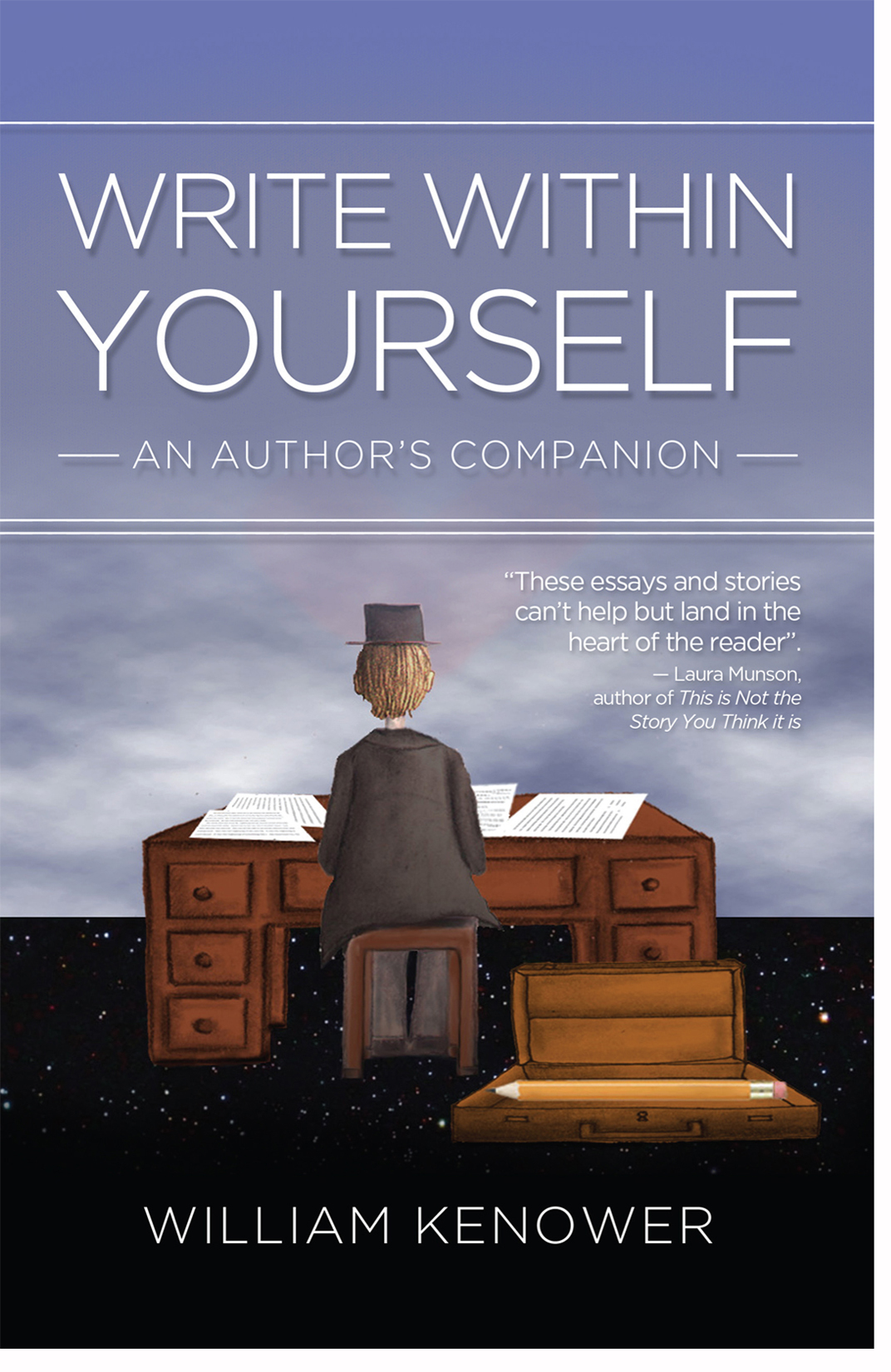A Writer's Guide to Answering, "What if?"
Most stories we write begin with one simple question: What if? What if you were forced to marry whomever the government told you to marry? What if a prince fell in love with a milkmaid? What if a ten year-old boy woke up one morning and decided he was going to run away? And how would I tell these stories? “What” and “if” are perhaps the two most powerful words in a human’s vocabulary, and writing has taught me that I cannot use them indiscriminately. “What if” opens a door to a new reality. A new story, after all, is its own reality. It operates by its own unique rules, has its own environment of language, its own ambitions and desires and concerns. To write a new story I must believe in a reality I cannot yet see. To write that story I begin by asking the same question humans asked themselves to sail around the world, go to the moon, and create computers we can hold in the palms of our hands.
My imagination loves it when I ask it this question. It gets bored by what has already been made. It wants the door to possibility thrown wide open. Unfortunately, my imagination is so loyal and eager that it will help me dream any reality at all, even one in which I would never want to live.
And so I might find myself walking down the street one sunny afternoon idly thinking about the book I’m writing. I like the first half of the book, but I’m having trouble finding the second half. It’s a little frustrating not knowing what I want to do. It’s just frustrating enough that I casually ask myself, “What if I never finish it?”
My imagination hops to life. It loves to tell stories. So it begins to answer my question. It tells a story about the time I couldn’t complete a book I really wanted to finish. Except the more it answers my question the less it feels like a story I’m telling myself and the more it feels like reality. Now, the sunny day has been transformed into a dystopia where not just this story but every story I begin ends fractured. In ten brutal minutes I have shape-shifted from a curious writer into a has-been.
When I get home, my wife asks, “What’s wrong?” Oh, where to begin? The poor woman apparently lacks my prophetic vision. Better not to worry her with my oncoming creative apocalypse. Though I have to say, it’s good to be around other people who don’t share my reality. They help me question it. By and by, I ask, “What if I did finish that book? How would I do that?” And my imagination comes to life again.
Writing always calms me down because it requires me to think on purpose. To write I must begin by believing that I can create a reality I prefer. Shuffling about the world, this doesn’t always seem possible. I am but a cog in the churning machine of the world. But alone at my desk, attended to by a tireless imagination, facing a perfectly blank page, reality waits for me to name it.
Write Within Yourself: An Author's Companion.
"A book to keep nearby whenever your writer's spirit needs feeding." Deb Caletti.
You can find Bill at: williamkenower.com


